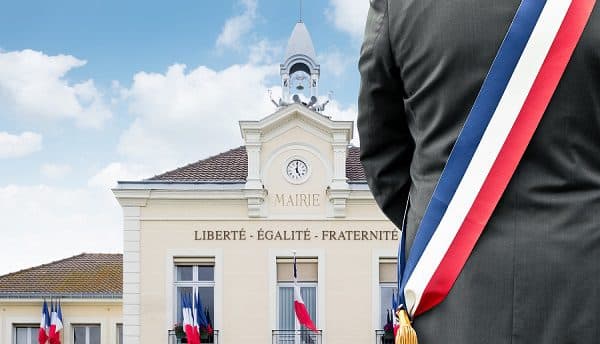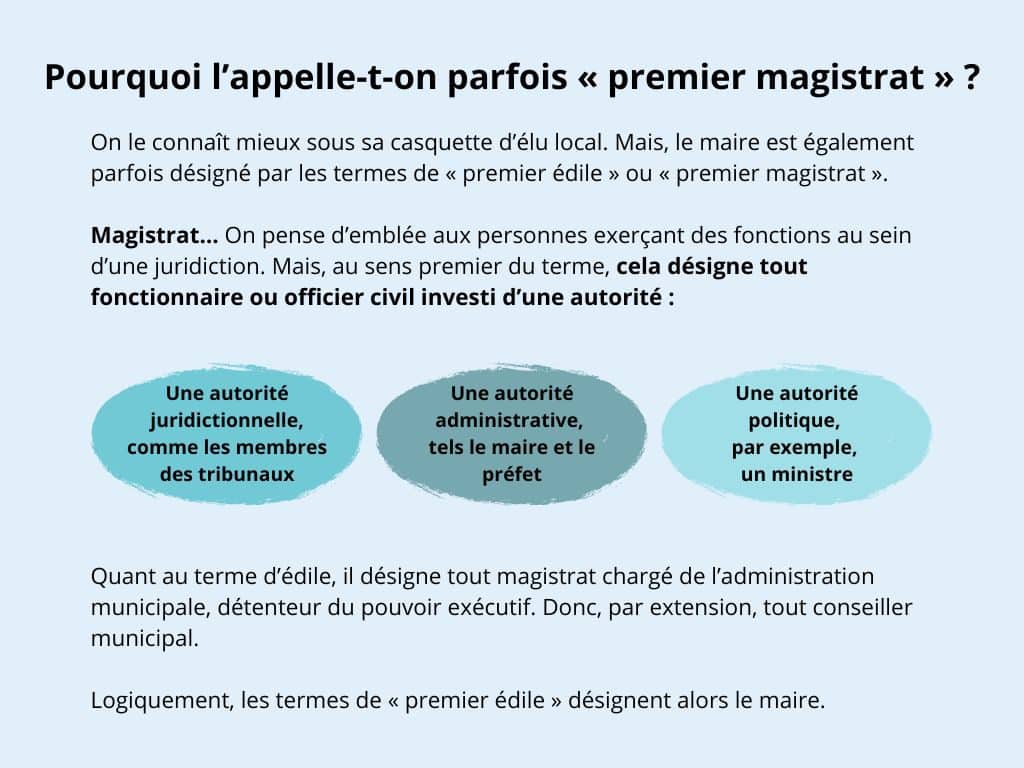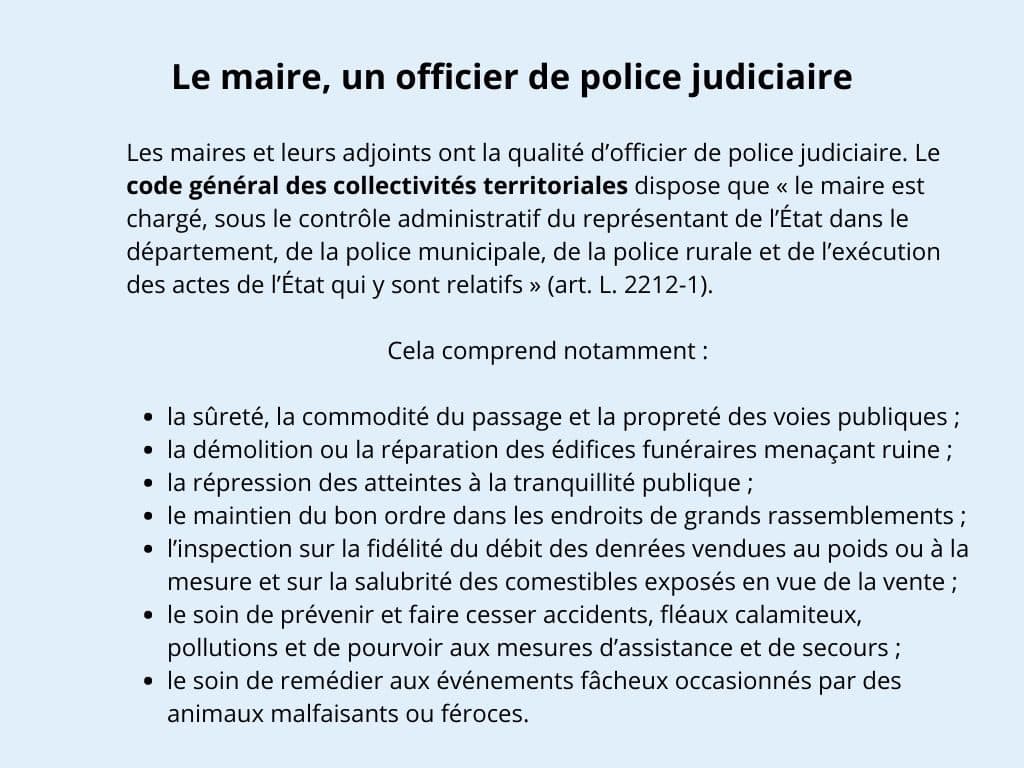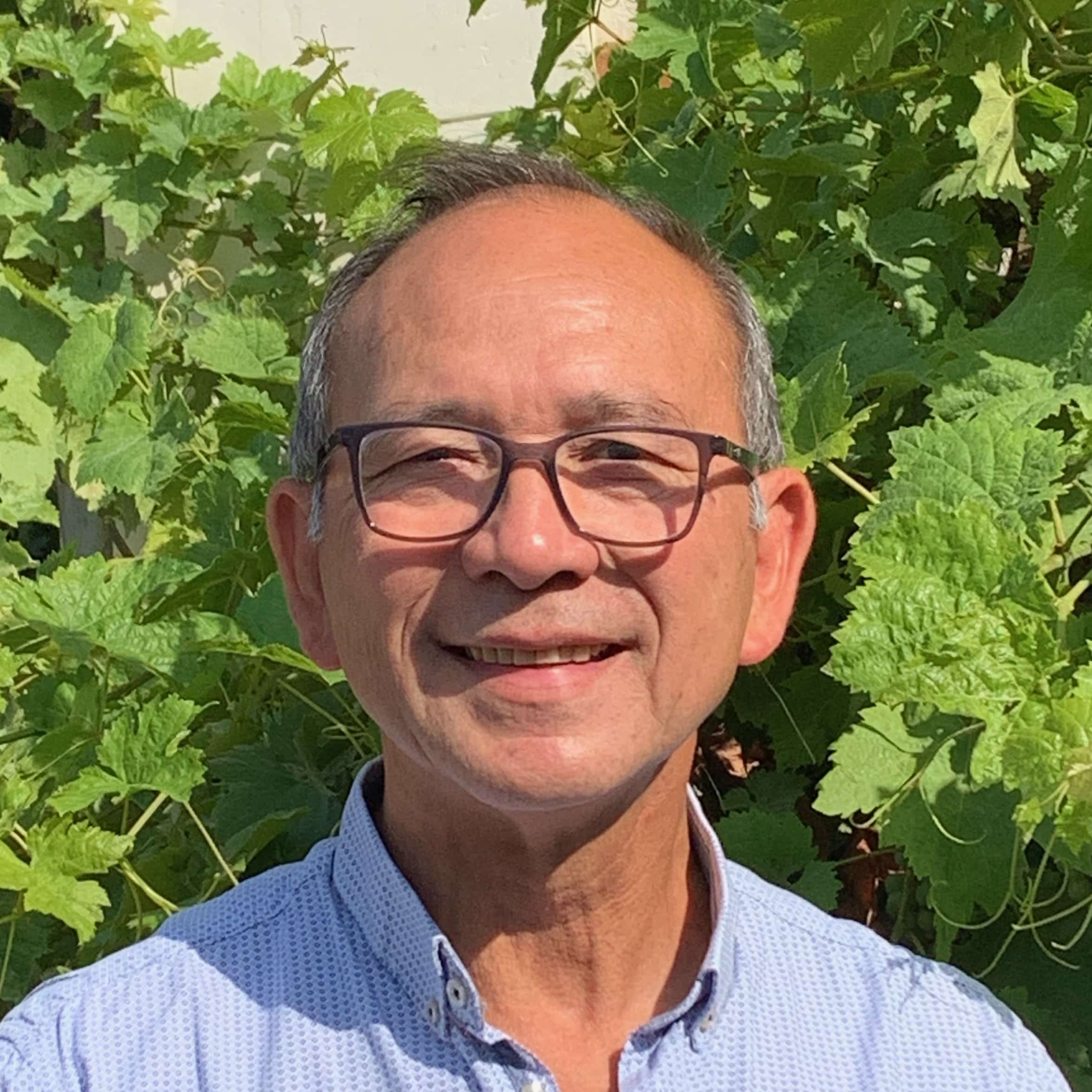Great power, great responsibilities. As mayor of a small rural commune, Dominique Peter reveals the often little-known realities of his job. From maintaining order to combating crime, we take a look at the day-to-day responsibilities and challenges of a modern mayor. A true guardian of the safety and well-being of his constituents.

In addition to their duties as local elected representatives, mayors have policing powers. As the administrative police authority within his municipality, the mayor has general police powers. As such, they are responsible for public safety, peace and health, under the administrative control of the prefect. In addition, as an officer of the judicial police, they are empowered to investigate and record certain offences.
Using Chahaignes, a commune of 700 inhabitants in the Sarthe region, as an example, Dominique Peter describes the issues associated with his responsibilities as mayor. He looks at the challenges he faces.
A mayor who favours communication and awareness-raising over punishment
As mayor, my main responsibility is to ensure the safety and well-being of my constituents. In a rural area, for example, it is not uncommon to see garden fires, even though they are prohibited. To deal with this situation, I prioritise communication and awareness-raising. In other words, I take the time to talk to the people concerned to explain the reasons for the ban, in particular the harmful consequences for the environment and health.
"When it comes to local residents, I really prefer to go and see them myself. I don't send the gendarmes.
I also have the power to issue regulations, such as by-laws limiting parking or speeding. And I do this throughout my municipality. These measures are accompanied by a system of fines for offenders (the amounts of which are approved by the town council). But I always try to inform the population in advance. To do this, I use various communication channels, such as the municipal bulletin, posters in the town hall and the illiwap local communications application.
"Be careful, it's forbidden... and you could be punished.
My aim is to communicate, raise awareness and act as a deterrent, so that people understand that the mayor is responsible for maintaining public order and ensuring that the law is respected for the good of all.

Obtaining information useful in suppressing crimes and offences: when the mayor leads the investigation
I am also a judicial police officer (OPJ), as are my deputies. This is a role distinct from that of the administrative police. Unlike the latter, which aims to maintain public order, the judicial police intervene in a repressive manner once an offence has been committed.
My deputies and I are therefore authorised, under the direction of the Public Prosecutor, to draw up official reports. We can also record complaints and denunciations of offences and crimes that are not flagrante delicto. We can also take part in an investigation in order to obtain useful information for the suppression of crimes and offences. Although this direct request to the public prosecutor is more theoretical...

On the other hand, I may need to obtain information about the owner of a vehicle that is badly parked or has committed an offence. In practical terms, I note down the numbers on the number plate and pass them on to the nearest gendarmerie. I can then trace the person concerned. If the offender is a repeat offender, I impose a fine, otherwise I issue a warning. This reminds me of Mayor of Illkirch-Graffenstadennear Strasbourg. He uses his mobile phone to issue fines in addition to those issued by the municipal police, in the evenings and at weekends. Often, it's true, in response to complaints from local residents who can't get their car out of their house because another is badly parked.
Another situation for which I am responsible concerns the illegal dumpsIt's a nuisance in the city, but also in the country. When it's a private individual, I lecture him. But be careful, if it's a repeat offence, I'll issue a fine. On the other hand, if a company systematically gets rid of its waste on the public highway or in the wild, I'll take criminal action. Subject, of course, to successfully identify it...
Good self-control, an essential quality for mayors
It is highly likely that, in the years to come, the mayor's 'judicial' role will become increasingly important given the rise in violence.
"Of the 19,800 French communes with fewer than 500 inhabitants, only 15 have a municipal police force (with a staff of one or two officers).
In small towns like Chahaignes, there is generally no municipal police force or village warden. This is regrettable, because it puts the mayor in the front line. He has to show composure in delicate situations. Obviously, the reaction to an offence committed by an elderly person will not be the same as to one committed by an intoxicated person. Self-control and the ability to assess the situation quickly are key skills.
I'm also in constant contact with the sub-prefect of the district. And with the gendarmerie, in particular through the local gendarme. The gendarmerie also offers training in self-defence.
From sharing best practice to training
Chahaignes is part of the Loir-Lucé-Bercé community of municipalities. So we've got into the habit of talking to other mayors and sharing best practice.
Training courses that would give us a better understanding of the law, the regulations and the limits of our role would be interesting. The key is to be able to spare the time.


